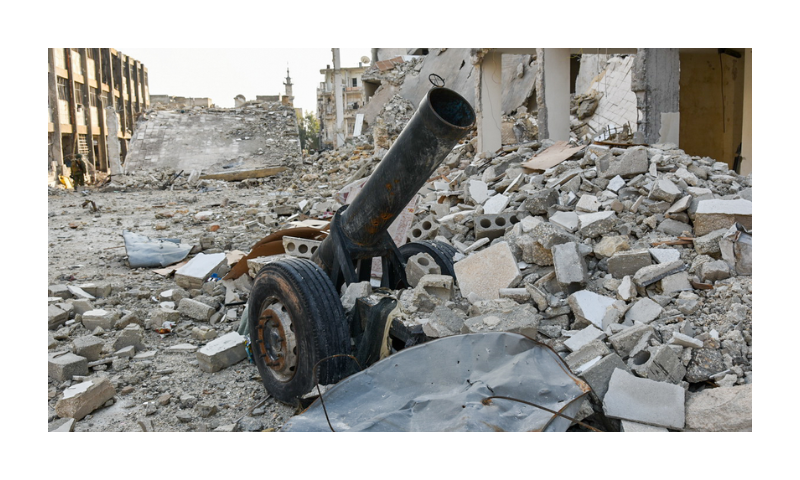Zachary Laub
Council on Foreign Relations, Feb. 14, 2023
“The Assads presided over a system that was not just autocratic but kleptocratic, doling out patronage to bind Syrians to the regime.”
Twelve years after protesters in Syria first demonstrated against the four-decade rule of the Assad family, hundreds of thousands of Syrians have been killed and nearly thirteen million people—more than half the country’s prewar population—have been displaced. Today, the country is fractured by actors with apparently irreconcilable interests: in areas beyond the regime’s control, extremists promoting a Sunni Muslim theocracy have eclipsed opposition forces fighting for a democratic and pluralistic Syria, while regional powers have backed various local forces to advance their geopolitical interests on Syria’s battlefields.
The United States was at the forefront of a coalition conducting air strikes on the self-proclaimed Islamic State, but it abruptly pulled back some of its forces in 2019 ahead of an invasion of northern Syria by Turkey, a North Atlantic Treaty Organization (NATO) ally. Since then, the Turkish military has pushed Kurdish forces, the United States’ main local partner in the fight against the Islamic State, from border areas. Russia, too, has carried out air strikes in Syria, coming to the Assad regime’s defense. Iranian forces and their Hezbollah allies have done the same on the ground, inadvertently making themselves the targets of strikes by Iran’s enemy Israel.
The war whose brutality once dominated headlines has settled into an uncomfortable stalemate. Hopes for regime change have largely died out, peace talks have been fruitless, and some regional governments are reconsidering their opposition to engaging with Syrian leader Bashar al-Assad. The government has regained control of most of the country, and Assad’s hold on power seems secure. Meanwhile, the Syrian people are suffering an economic crisis, and a massive earthquake at the start of 2023 cast much of the population in the north into further despair.
… [To read the full article, click here]


